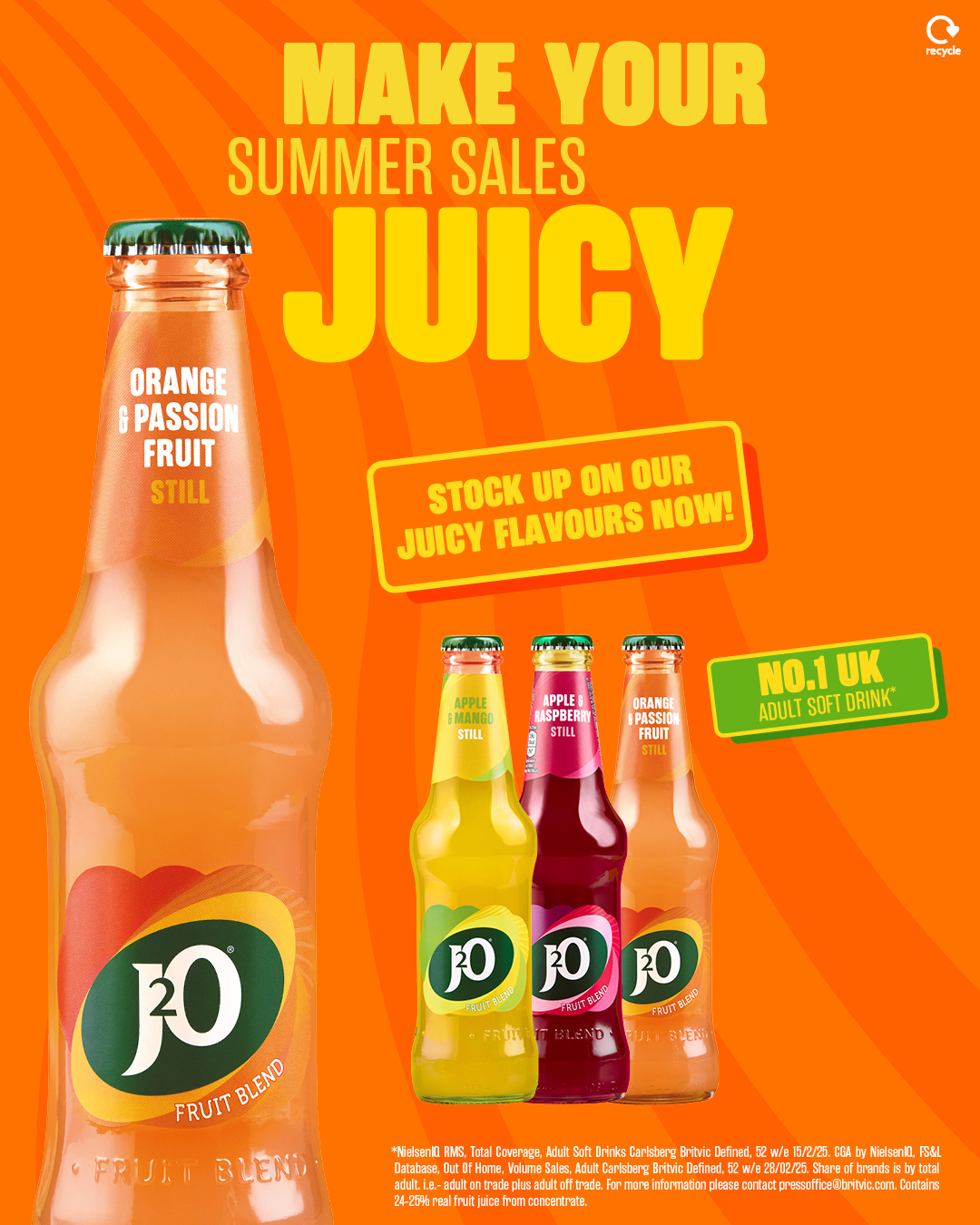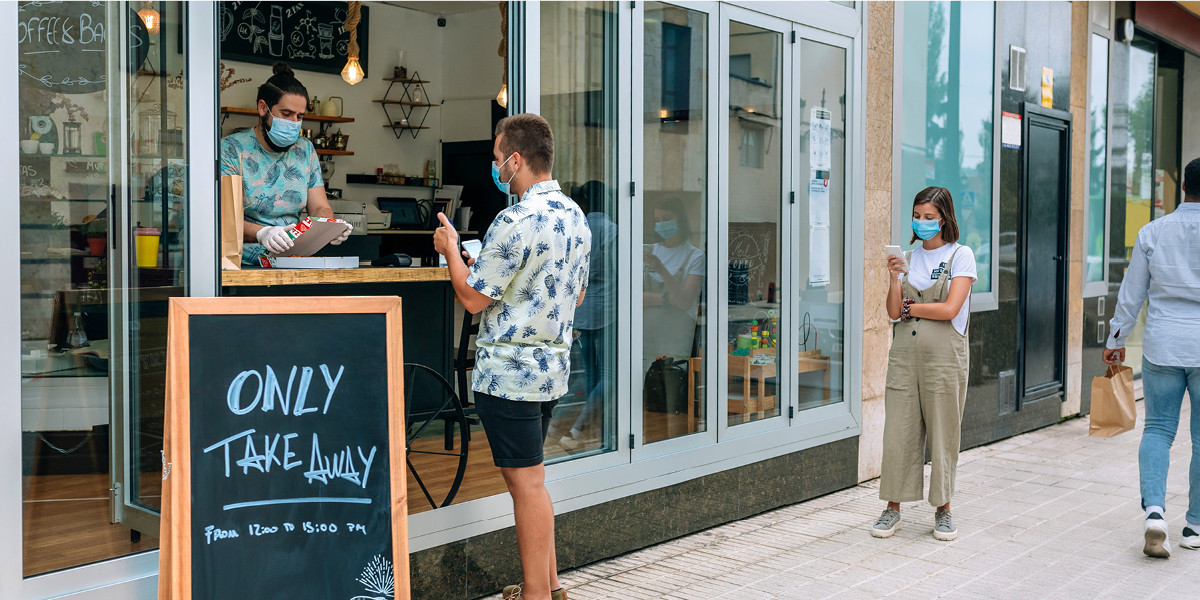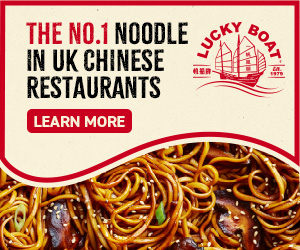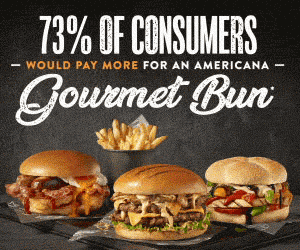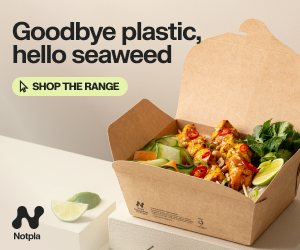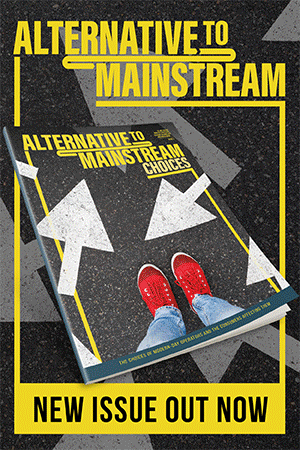Lockdown: one year on

Today (23 March) marks one year since the UK entered its first national lockdown, and ahead of the sector's planned reopening of outdoor spaces from 12 April, trade body UKHospitality has reflected on the pandemic's impact.
The industry has experienced more than eight months of enforced closure, costing more than 600,000 jobs and 12,000 businesses, with lost sales estimated at around £86bn.
UKHospitality is urging the government to stick to its plan for a full removal of restrictions no later than 21 June, and warns that jobs and businesses remain at risk - especially those facing an additional nine weeks of closure from 12 April, until indoor hospitality reopens on 17 May.

“The last 12 months have been truly awful for our sector," says UKHospitality chief executive Kate Nicholls. "That is why any controls that limit commercial activity upon reopening should be necessary and proportionate and we back the recent call from the Public Accounts Committee for the government to provide the evidence for such limits.
"While any restrictions remain in place, our pubs and restaurants can only break even and the viability of thousands remains at risk.
“Hospitality can lead economic recovery in the UK, providing jobs to people who have lost them and continuing to serve those most in need in communities all over the country. To do this however, we need to be able to operate without being strangled by restrictions.
“We also urge the government to look again at some areas of support it introduced in the Budget, in particular the business rates cap, which unfairly penalises a large proportion of hospitality businesses who will find themselves paying full rates just days after restrictions are fully lifted in June.
"That cannot be right, and we urge ministers to think again.”
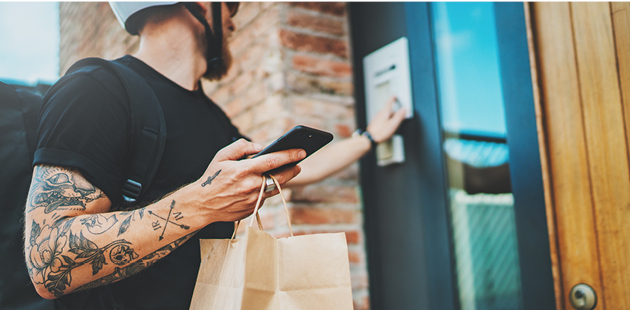
How has the pandemic affected eating habits?
As hospitality prepares to reopen, operators should consider how consumer eating habits have changed over lockdown, and which behaviours will stick when people can once again leave home to eat and drink outside and inside venues.
Takeaway and delivery spend increased 50% during the 12 months to February 2021, according to consumer data from The NPD Group, with research suggesting about half of the consumers new to this way of eating (namely older and more affluent groups) will continue to use such services beyond 12 April.
In total, almost £3.5bn has been spent on click-and-collect food and drink orders from restaurants over the 12 months to February 2021 (11% of total spend on out-of-home eating).
More than £1bn of consumer spending is now linked to offering vegetarian and vegan menu options (representing almost 4% of total foodservice spending in the year to February 2021, up from around 2% pre-Covid).
At 15% of all visits, offering a vegetarian or vegan menu option at breakfast is most important for consumers, an over-index of 31% compared to breakfast’s overall importance.
“As we exit the pandemic, we expect the importance of promotions and deals in attracting customers to grow as operators fight for market share," comments Dominic Allport, insights director (foodservice) at The NPD Group.
"Consumers have shown they’re willing to both buy more and spend more than average on a deal which bodes well for trading levels in future
"With some scientists warning social distancing will be in place for years, not months, operators need to find ways to serve customers outside, bearing in mind the British weather. Many city centre venues don’t have much or any outdoor space, and these businesses will need to focus on Covid-safe measures indoors while ramping up takeaway options.
"To really stand out and win market share during reopening, restaurants must make sure their customers feel engaged and empowered to maintain their loyalty. With the increased importance of digital, having an excellent experience online or via an app and making sure it seamless integrates with other elements of the customer experience will be increasingly critical.”


